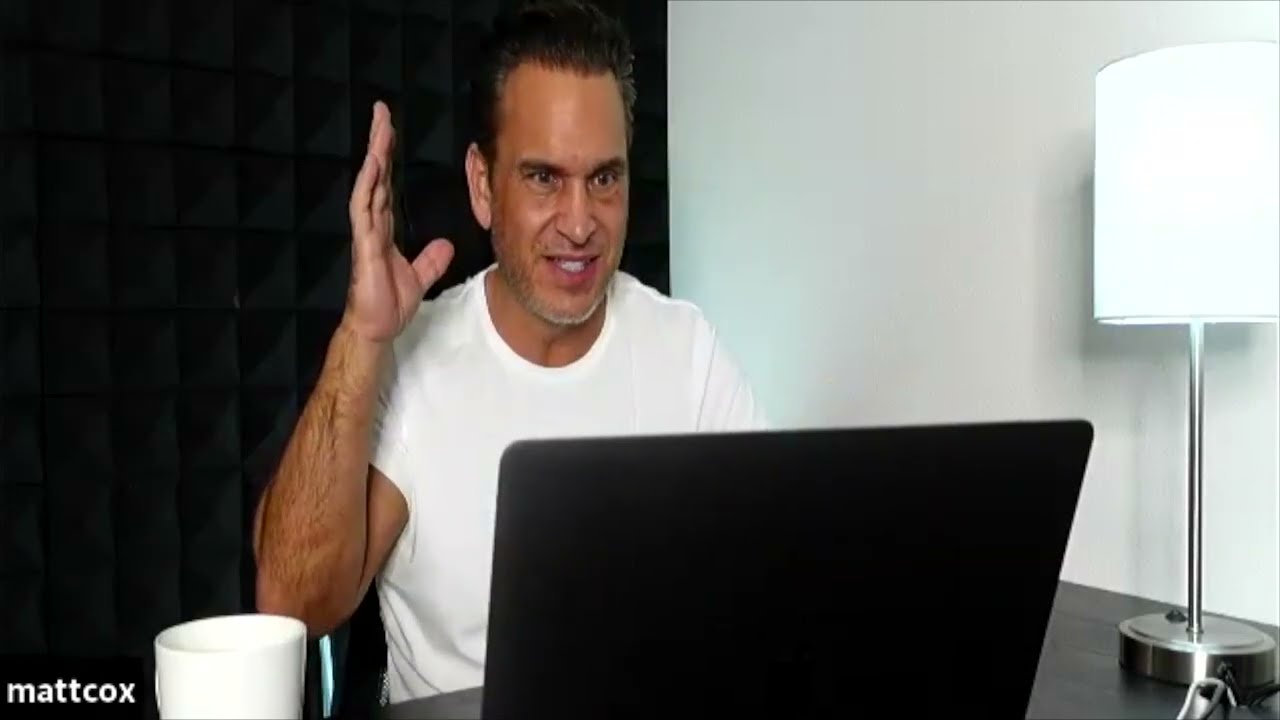I remember the moment vividly when Matt Cox first shared his story with me. He spoke about stepping into the chaotic world of prison, a space that felt more like a battleground than a place of rehabilitation. The weight of that environment was palpable as he recalled being stabbed within weeks of his arrival, a stark reminder of the harsh realities that awaited him behind bars. This was not just a place of confinement; it was a crucible that would shape him in ways he never anticipated.
Matt grew up in a world where trouble seemed to follow him like a shadow. As a teenager in Bay City, Michigan, he often found himself in precarious situations, a troublemaker with a penchant for boxing. Yet, it was that very sport that kept him grounded for a time, providing structure and mentorship when he needed it most. However, life took a turn when he faced legal troubles stemming from an EPA violation.
This incident, along with a series of personal struggles, would ultimately lead him to a five year sentence in federal prison, where he would confront the demons of addiction and violence. But it was during this time that Matt began to find himself in the most unexpected ways. The prison environment, brutal and unforgiving, forced him to navigate complex social dynamics and confront his own vulnerabilities. He faced his addiction head on, grappling with the ghosts of alcoholism that had haunted him for years.
It was a harrowing journey, filled with loss and heartache, particularly regarding his marriage. Yet, through these trials, Matt started to embrace his identity, understanding the respect he commanded even in such a dire situation. He no longer viewed his circumstances as a burden but rather as an integral part of who he was becoming. One of the key moments of his journey was his realization that boxing had saved his life.
The discipline and focus required in the ring mirrored the resilience he needed to survive prison life. This experience taught him valuable lessons about mentorship, structure, and the importance of channeling his energy into something constructive. As he reflected on these moments, it became clear that the skills he honed in boxing were not just physical, they were tools for navigating the emotional and psychological challenges of incarceration. As we delved deeper into his story, it became evident that Matt had transformed his narrative from one of despair to one of purpose.
He began to share his insights with others, aiming to inspire those who might be grappling with their own nightmares. His journey from the depths of despair to a place of understanding and acceptance is a testament to the human spirit’s capacity to find meaning in the most challenging of circumstances. Now, as he stands on the other side of his experiences, Matt is dedicated to sharing not just his story but the lessons he has learned along the way. He speaks candidly about the realities of prison life and the importance of overcoming fears and personal challenges.
His aim is to reach out to those who may feel lost, offering them a glimpse into the possibility of transformation through self acceptance and resilience. I remember Matt saying, “You have to embrace who you are, even in the darkest places.” This sentiment encapsulates his journey and serves as a guiding principle for others. By sharing his truth, he hopes to encourage others to confront their own shadows, reminding them that there is always a path forward, no matter how bleak the situation may seem. As I reflect on our conversation, I am struck by the profound impact that sharing our stories can have, not just on ourselves but on those around us.
Matt Cox’s journey is a vivid reminder that even in the darkest of times, we can find light and purpose. His commitment to helping others navigate their own struggles is a testament to the strength that can be found in vulnerability and authenticity. It is a call to embrace our experiences, to learn from them, and to use that knowledge to uplift others.

